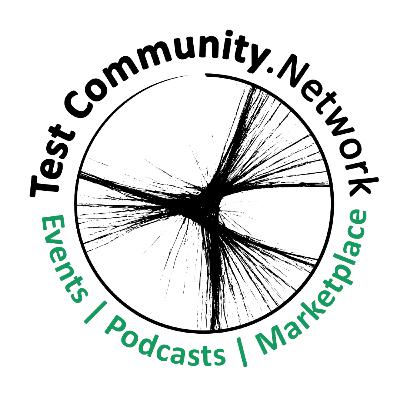Debate: Online Proctoring: Are We Locked in an Arms Race at the Cost of Candidate Privacy
Description
Summary: The Online Proctoring Debate
This debate examines whether increasingly sophisticated remote proctoring technology represents necessary security evolution or an invasive arms race that compromises candidate privacy and equity.
Security Necessity: Escalating cheating threats, particularly AI-enabled tools, require multimodal monitoring (video, audio, device checks) to maintain certification credibility. Sophisticated cheaters use virtual machines and secondary devices, necessitating countermeasures like lockdown browsers and multi-camera systems.
Audit Trail Requirements: Without defensible, auditable evidence of test integrity, certifications lose their value entirely.
Usability Improvements: Providers are investing in low-bandwidth solutions and browser-native delivery to reduce technical barriers, while hybrid AI-human review systems minimize false positives and ensure fair outcomes.
Surveillance Overreach: Deep proctoring systems employ continuous facial recognition, microphone monitoring, and OS-level activity detection—this constitutes surveillance rather than mere integrity assurance.
Data Privacy Risks: Collecting biometric data, ID scans, and continuous screen captures creates a "data honeypot" with massive PII liability and GDPR compliance burdens.
Equity and Access Issues: Requirements for specialized equipment, high-speed internet, and modern computers effectively exclude disadvantaged candidates, creating unequal access to certification.
Candidate Stress: Constant monitoring generates anxiety and leads to false positives that force innocent candidates through stressful appeals processes.
The debate ultimately centers on balancing assessment integrity against candidate well-being, privacy, and equitable access—a challenge that will define the future of remote certification.
Key Arguments For Enhanced ProctoringKey Arguments Against Current TrajectoryThe Central Tension





